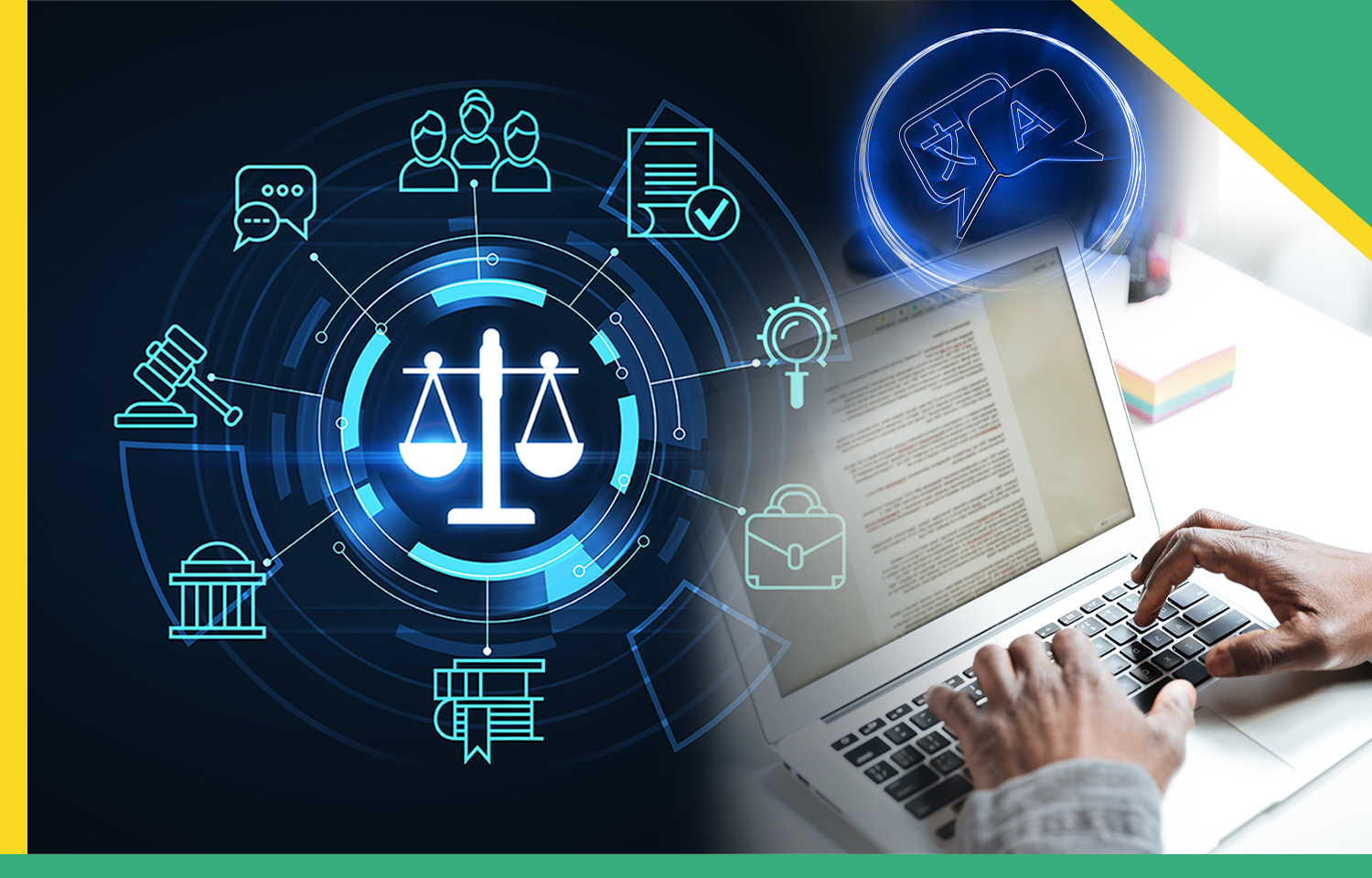What is a Legal Translation?

Translation is the process of rendering a document from one language to another, and it has many types. Legal Translation is one the most critical and important among all types of translation.
It is of utmost importance to only hire linguists who are specialized in legal translations. Because they are aware of the different legal systems and languages they work in and the impact that has on the translation of legal documents.
These linguists are fully aware of what mistranslations can cause, which may result in delays in legal proceedings or courts.
It also has some different features other than translation types. it has its own jargon and writing style, and also requires a high level of confidentiality.
First things first, what’s legal translation?
Legal translation is the act of translating a legal document from one language into another, considering the target language’s legal features, judiciary, and law. It requires a deep understanding of legal language flexibility and knowledge.
Each country has its own legal system and language. In the process of legal translation, you need to meet the country’s legality.
Legal translation is also diverse in the type of documents that is related to rules and laws, to mention a few;
- Arbitration translation
- Contracts
- Confidentiality agreements
- Complains
- Certificates
- Court and witness translation
- Legal statements
- Legal disclaimers
- Wills and trusts
- Depositions
Also, you can refer to How to Translate Legal Documents: 7 Challenges and 6 Tips for further knowledge about what it takes to translate legal Documents.
In order to discuss the characteristics of legal translation, we will take Legal English as an example.
What’s Legal English and its characteristics?
Legal English differs from Standard International English. It’s mainly the language used by legal professionals. it’s the language used in writing and executing legal documents. It can also be referred to as “Legalese”
Legal translators can’t ignore studying and having profound knowledge of Legal English.
With legal translation, it’s not enough to be bilingual it’s a must to know the difference between standard and legal English, besides the characteristics of the latter.
Legal English Vs. Standard English
Firstly, some words in Standard English have an entirely different connotation in Legal English. For Example, the word “party” in Standard English stands for a group gathering when you have fun celebrating something, but when used in a legal context a party is a person or entity that takes part in a legal transaction. party | Wex | US Law | LII / Legal Information Institute
Secondly, there are legal context words that you can’t use in everyday life such as “restrictive covenant” and vice versa.
Finally, the use of words and phrases altogether from other languages such as “Mens Rea” a Latin-originated expression that refers to criminal intent. party | Wex | US Law | LII / Legal Information Institute
Legal English characteristics
You can rarely punctuation marks in a legal document, as the meaning of legal documents should be contained only in the words used.
The mix of languages used in early legalese led to the need in legal English to string together two or three words to convey a single legal concept, such as Null and Void, Terms and conditions, and so on.
Words like thereof, hereof, and hereinafter, were created for legal purposes, to avoid the repetition of names or phrases.
Phrasal verbs play a vital role in Legal documents and are often used in a quasi-technical sense, such as enter into, put down, and write off.
How to be a professional legal Translator?
As agreed, legal translation is unlike any other type of translation. Apart from the legal and cultural knowledge and the intense understanding of Legal English rules and technicalities, there are other factors to consider a linguist aims to become a legal translator.
1- Certification adds more credibility to the translator. Most businesses doing legal translation requires certified translators. and “certified” in the legal context means you have taken an oath in the courts.
2- Experience is the most important factor that the client looks for or even the translation agency.
3- legal expertise is another important aspect of the legal translation community. Becoming a legal translator is more advantageous if you have legal experience or a legal background that will help you better understand the myriad of legal documents you may be working with during your career. Some legal translators are lawyers or have other legal functions.
Frequently Asked Questions about “What is a Legal Translation?”
Conclusion
legal translation is a complex process that requires a highly trained and experienced legal translator. It is vital that any person needing services in this area partner with a professional agency like Africa Localize that has expertise in the subject matter they are translating. Quality assurance measures should be taken to ensure the accuracy of all translations, as mistakes could have serious consequences on the outcome of a legal case or agreement.
